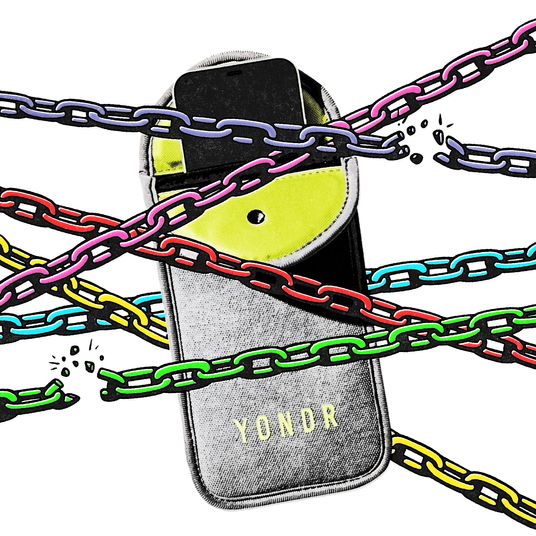
A national organization of fraternities is formulating Version 2.0 of its public-relations plan to “advance the fraternity brand,” but there’s a major challenge in their way: fraternity members. Specifically, fraternity members on social media. A white paper from the North American Interfraternity Conference, obtained by the Huffington Post, laments the rise of “popularized social media platforms that damage the industry by glorifying ‘frat’ culture.”
Frat-themed websites and Facebook pages like Total Frat Move have exploded over the last few years, bringing us the latest and greatest in videos, photos, and stories of stupid college students doing stupid things. But is the problem the people “glorifying frat culture” — or frat culture itself?
NIC officials didn’t immediately return an email seeking clarification, and they told the Huffington Post Tuesday night that it would be “premature” to comment, as the NIC’s plans for reform are still being revised during meetings in Texas this week. So we asked Total Frat Move, perhaps the internet’s leader in “glorifying ‘frat’ culture,” what they make of NIC’s comments. Total Frat Move’s vice-president of media, Ross Bolen, said in an email:
“At this point, with the explosion of PC culture, the North American Interfraternity Conference should be worried about social media damaging their ‘industry.’ It’s an obvious threat to them. The more fraternities are using things like Snapchat, Yeti, Instagram, or whatever, to post behind the scenes things and give uninitiated people access to material they wouldn’t normally be able to see, the more trouble it’s going to cause. TFM is the least of the North American Interfraternity Conference’s worries.”
NIC has been around since 1909, but it’s certainly not universally beloved among fraternities. It represents 73 of them, but at least one has left in the past year, out of concern over “counterproductive tactics.” In 2015, NIC was best known for pushing the Safe Campus Act, a GOP-led bill that, despite its name, would have made it harder for colleges to investigate and punish perpetrators of sexual assault. Eight sororities came out against the bill, forcing NIC and the National Panhellenic Conference to back off and support the very similar Fair Campus Act instead.
It’s not clear from the NIC whitepaper whether the organization blames social media for the failure of the legislation it spent all year trying to boost, but the organization does seem to believe fraternity members can’t currently be trusted on the internet.
“We acknowledge that these problems are often caused by some of our members’ inability to self-govern and adhere to basic membership expectations,” the whitepaper says.
The organization’s top priority is still a strong “ground game” that will target specific campuses and improve their frat culture — making it more marketable and PR-friendly — but if they’re unsuccessful in getting members to stop doing stupid things, they’d like to at least stop them from tweeting, Facebooking, and Snapchatting it.





























